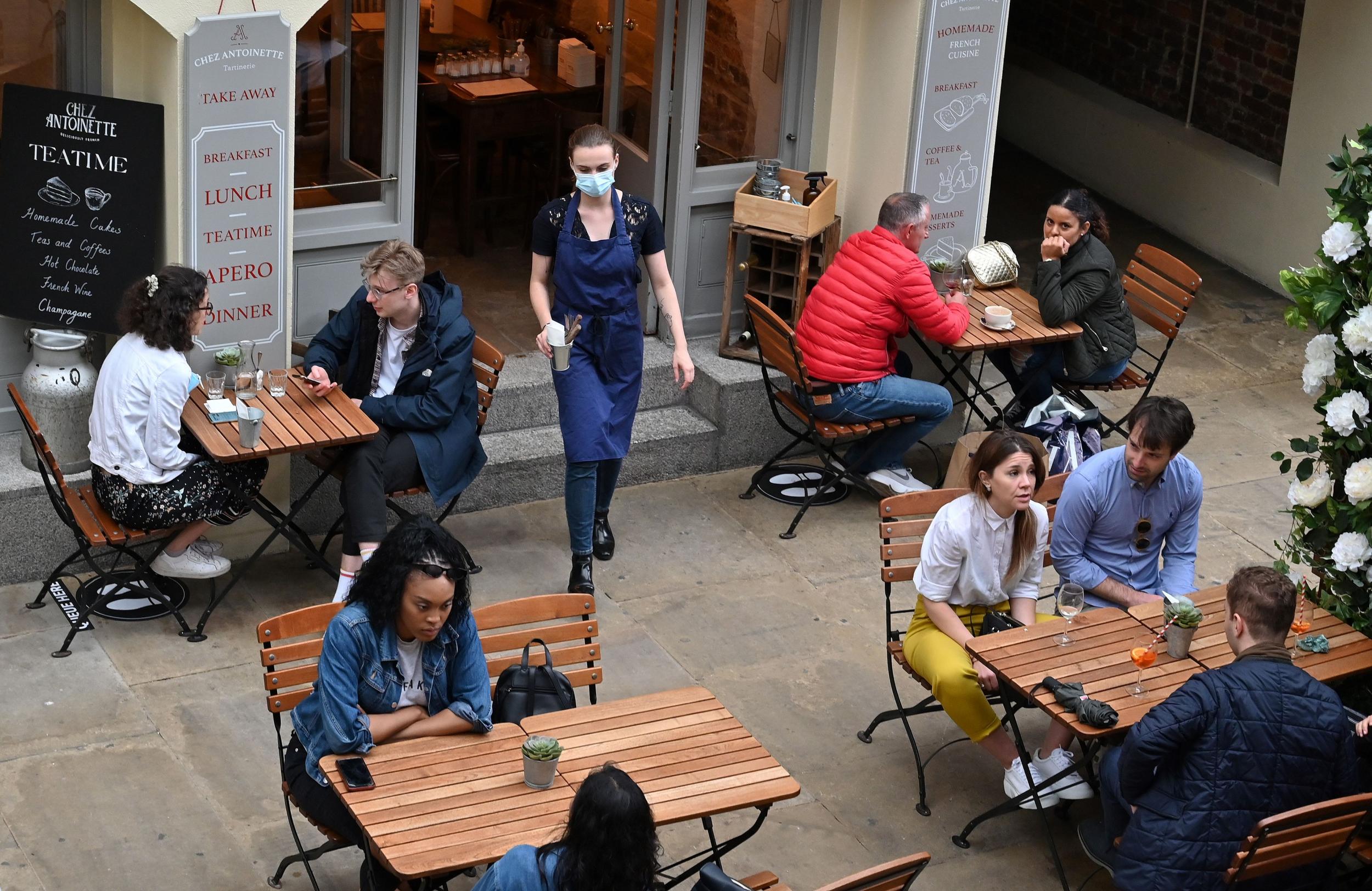Make Covid funding for businesses contingent on better pay for workers, Scottish think tank says
Researchers say ongoing grants should ‘drive up job quality’, Lamiat Sabin writes

Ongoing support funds paid out to businesses during the Covid-19 pandemic should be contingent on the firms offering their workers better wages and benefits, a think tank has said.
In Scotland, grants paid to business since March 2020 have amounted to more than £1.9bn, plus more than £900m in business rates relief, according to the Scottish Government’s data.
But many jobs are not providing workers with enough money to “make a decent life for themselves and their families,” research from IPPR Scotland found.
IPPR Scotland is calling on Holyrood ministers to implement wide reforms on how these Covid-19 support funds are paid out to firms to ensure that the workers have a “living income”, and to combat a widespread culture of low pay and insecure work.
The researchers said: “The sectors hardest hit by Covid-19 are also some of Scotland’s lower-paid sectors, and it is likely that they will need ongoing support and reform to rebuild following the pandemic.
“To drive up job quality, this ongoing investment should be made contingent on agreeing new fair work agreements – similar to New Zealand’s fair pay agreements – that set minimum standards for quality jobs across a range of sectors.”
Levies should be imposed on businesses that fail to deliver on fair work criteria, with tax rebates awarded to those that do, the researchers suggested.
One in five workers surveyed for the report typically receives two weeks’ notice or less of their working rota while just a third of young people have a union or employee association at work.
It also found that women are 44 per cent more likely to experience low pay than men, while black and ethnic minority workers are 38 per cent more likely than white workers to receive low wages, according to the study.
The report recommends scrapping upfront childcare costs for those who receive universal credit payments as the system currently only reimburses 85 per cent of childcare costs in arrears, and suggests extending education maintenance allowance to young people in apprenticeships.
Rachel Statham, IPPR Scotland senior research fellow, said: “Fair work should provide a living income – but too many people in Scotland don’t have the pay, hours or working conditions they need to build a decent life for themselves and their families.
“Women, black and ethnic minority workers and young people are at greatest risk of being locked out of fair work.
“That’s why, as we look towards recovery from the Covid crisis, we must now step up efforts to make Scotland a fair-work nation.
“As a first step, the Scottish government should come together with employers and unions to drive up pay, hours and conditions in those sectors hardest hit through the crisis, like hospitality, retail and social care.”
Mubin Haq, chief executive of Standard Life Foundation, said: “Fair pay should be the norm in Scotland. Too many remain stuck on low pay and face poor conditions. We must properly reward those workers we all rely on.”








Join our commenting forum
Join thought-provoking conversations, follow other Independent readers and see their replies
0Comments